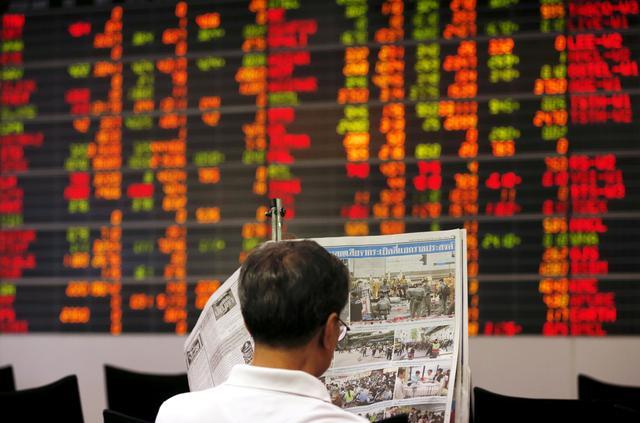The size of the damage determined in the agriculture, manufacturing, and tourism industries in 11 provinces affected by twin quakes on February 6 is calculated at TRY 181.1bn, according to the latest report by the Presidency of Strategy and Budget. The biggest damage is in the manufacturing industry at TRY 154.7bn. The size of the damage in the agriculture and tourism sectors totaled TRY 24.2bn, and around TRY 2.2bn, respectively. TRY 58bn damage in the manufacturing industry consisted of buildings, while machinery and stock damages accounted for TRY 37.6bn and TRY 37bn, respectively. The infrastructure damage at the industrial facilities is estimated to cost some TRY 22bn. The report, which also emphasized that the qualified labor force is the biggest unrecoverable loss in the manufacturing industry, said exports will adversely be affected due to interruption in production. It also added that the supply gap to emerge in some products is expected to be closed by imports.
Big banks have launched internal stress tests against possible market shocks due to the May elections, and they are preparing for lower profits later in the year as a flurry of previous regulations bites, according to Reuters. Four industry executives said the tests, conducted independently of yearly required reviews, are meant to weigh the impact of more than 100 new rules authorities have adopted since late 2021 to implement President Recep Tayyip Erdogan’s unorthodox low interest-rate policy. While the May 14 election outcome is hard to predict, bankers are certain that the yawning gap between high-interest rates on deposits and low-interest rates on loans will hit their balance sheets in the second half of the year.
The current monetary policy and frequent new regulations negatively affect the profitability and potential asset quality and increase the fragility risks in the banking sector, according to Erich Arispe, Country Rating Director at Fitch Ratings. Speaking to daily EKONOMI, Arispe emphasized that the regulatory measures may raise liquidity risks. He also added that they expect that the high course in inflation, problems in access, and cost of external financing will continue. “The combination of high-interest rates, weak FX rates, and high inflation may adversely affect the fiscal balance and the course of debts,” Arispe noted. Turkey’s inflation, which is forecasted by Fitch Ratings at 56.5% for 2023, is the highest rate among the countries rated by Fitch.
Veteran Seismologist Professor Naci Gorur told daily EKONOMI that TUSIAD and chambers should start a study to relocate Organized Industrial Zones (OIZs) and industrial facilities from Istanbul and surrounding cities to other provinces as soon as possible before the possible Istanbul earthquake. “Special studies should also be carried out for industrial settlement in Istanbul. Many industrial establishments and OIZs in Istanbul including the surroundings, should be relocated from the Marmara region,” Gorur said. “If it is avoided to pay USD 20bn for preparation, it will be paid USD 100bn in addition to the loss of lives,” he added.
The temporary presidential candidate list will be announced today. The final presidential candidate list will be published in the Official Gazette, and the propaganda period will begin on March 31.
DAILY AGENDA
No important data will be released.
Meanwhile…
>> The Real Sector Confidence Index increased by 2.8 points to 105.2 in March, compared to the previous month, according to the Central Bank.
>> The Capacity Utilization Rate of the manufacturing industry was down by 1.7 points to 73.5% in March, as compared to February, according to the Central Bank.
>> The confidence index rose by 1.1% in the services sector while it declined by 4.4% in the retail trade sector and 1.5% in the construction industry month-over-month in March, according to the Turkish Statistical Institute (TurkStat).
>> Credit card and debit card expenditures jumped 131% to TRY 114.44bn in the week ending on March 17, compared to the same week last year, according to the Central Bank.









